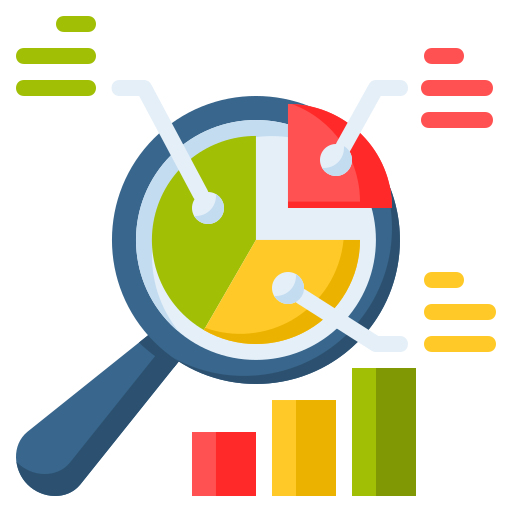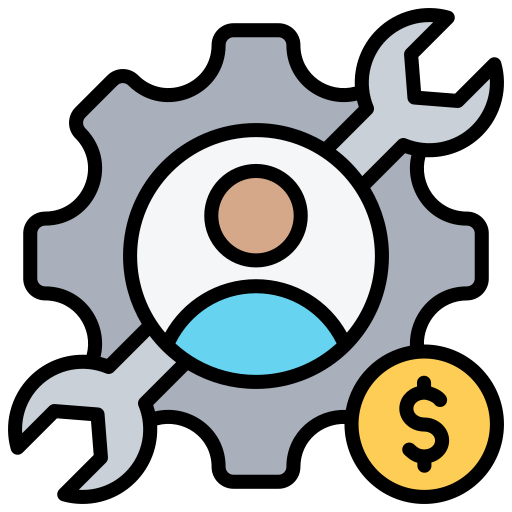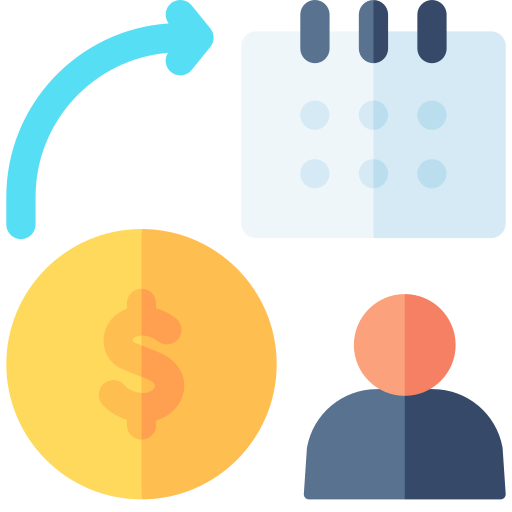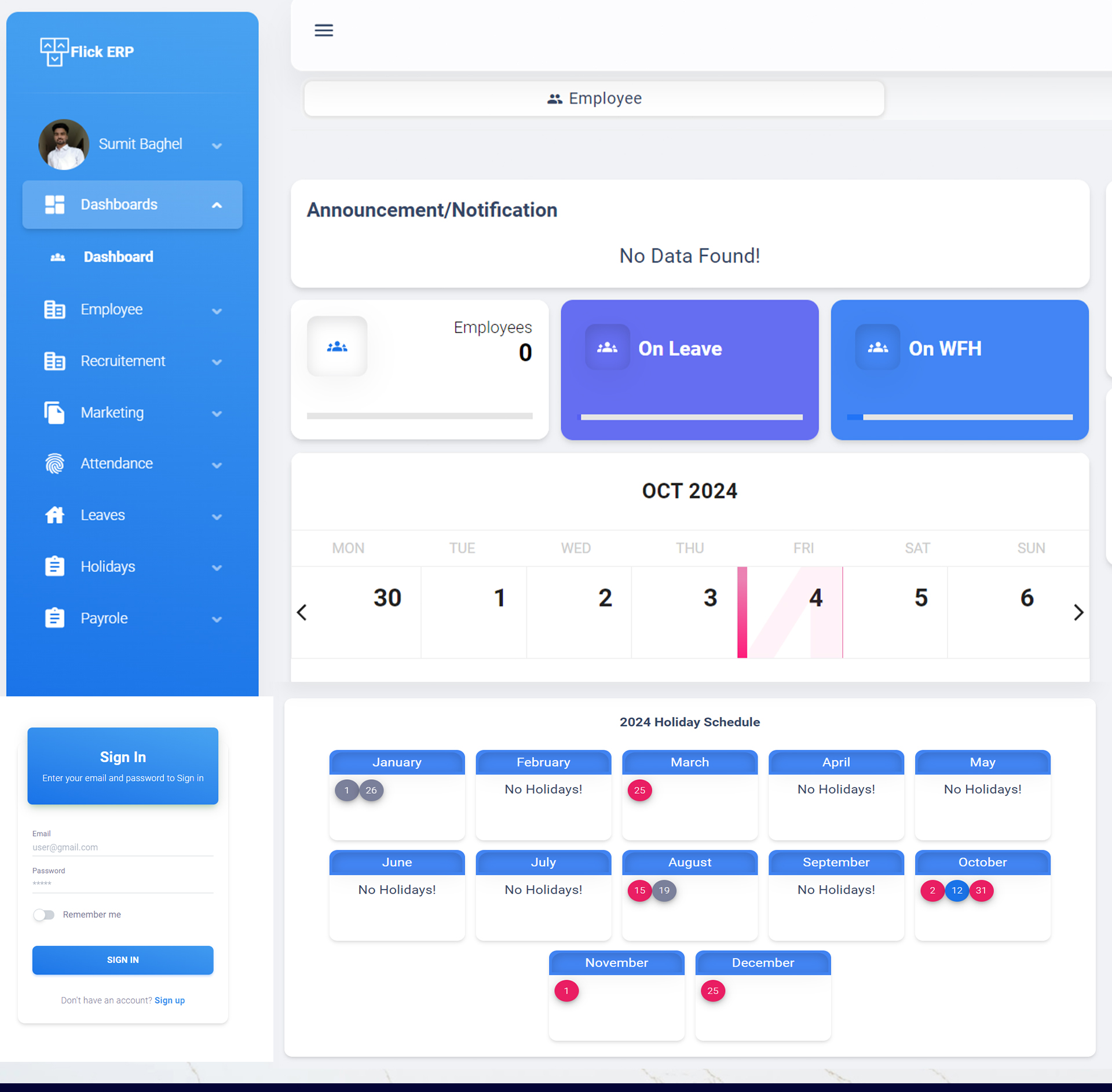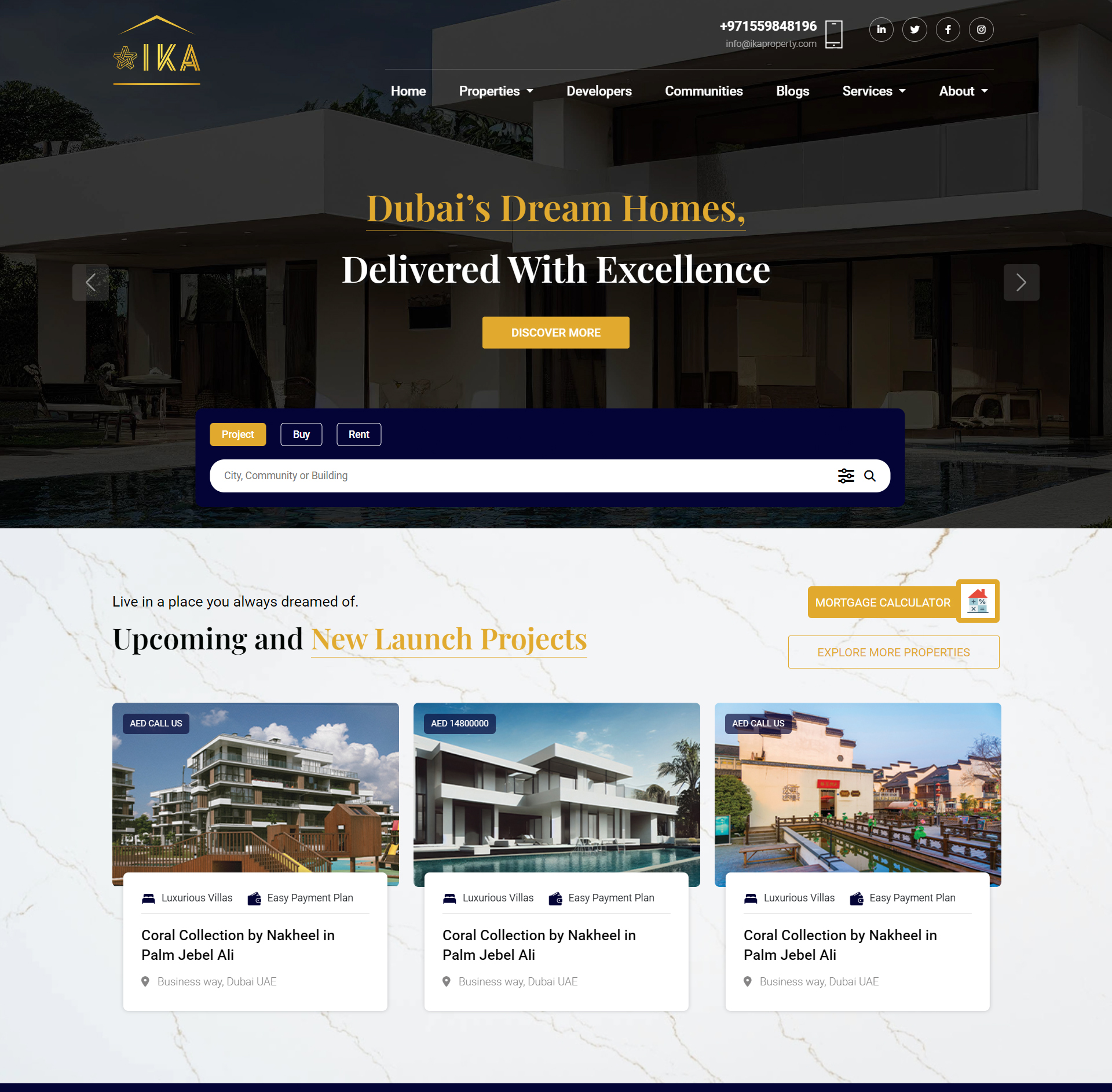
Book a 15 Minute Consultation
If we can help in any way, please don't hesitate to set a time to meet or talk, or leave your details and we'll get back to you.
Looking for a job?
Apply hereStart Here 
 Pick a date & time of your choice.
Pick a date & time of your choice. No obligation. Cancel anytime.
No obligation. Cancel anytime.


